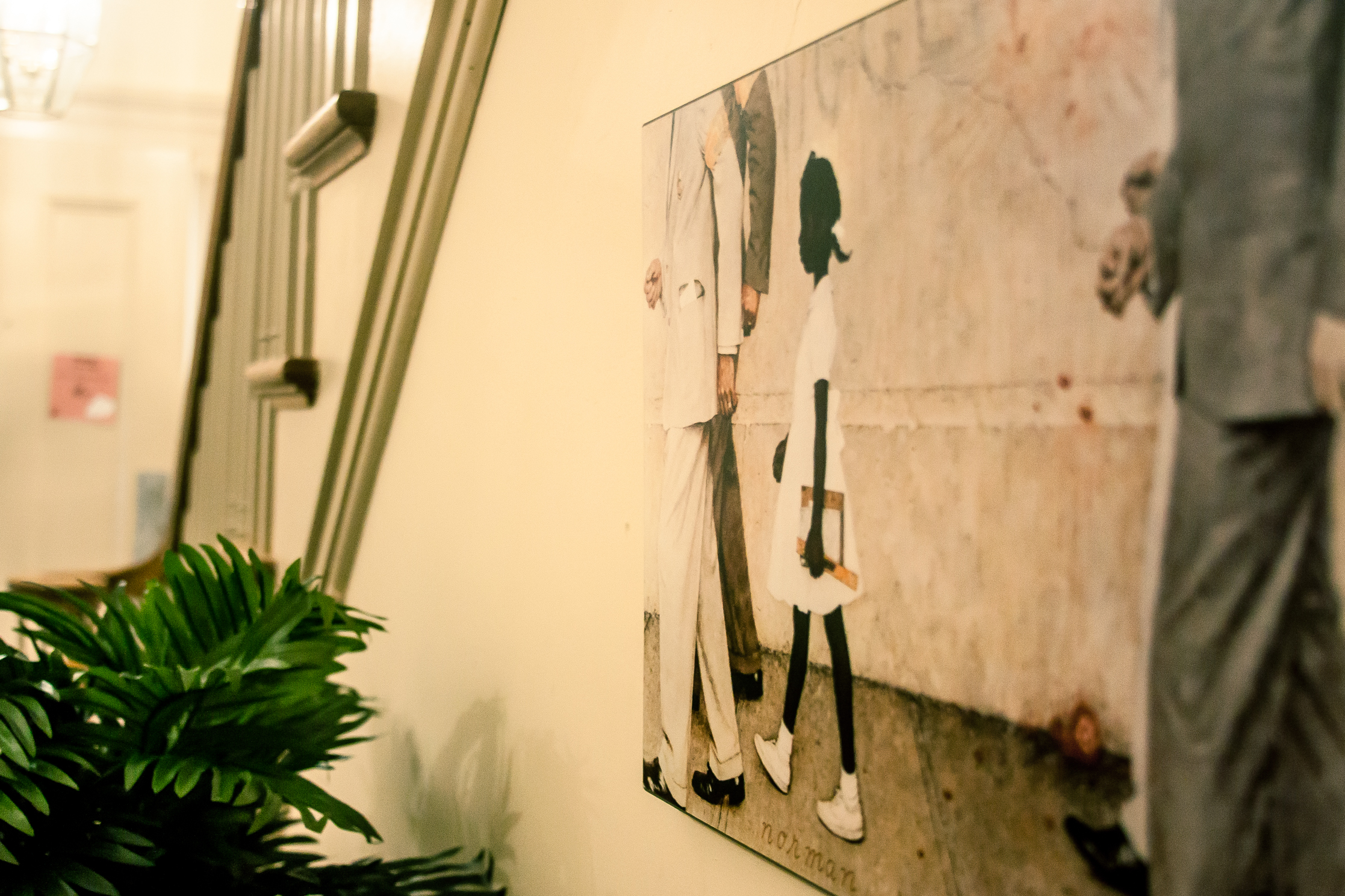Founded in 1969, the African American Studies Program at Boston University was the first graduate program of its kind in the country. In keeping with its location at a major research institution with a wide range of academic and cultural resources, the Program is committed to rigorous and sophisticated critical thinking, historical analysis, and social engagement. Our students are encouraged to balance theory and practice, applying their work in a variety of professional contexts. Ours is a small, boutique program, with a successful history and growing profile; and so, focused mentoring and direct engagement with our world-class faculty are central to the student experience. Applications are due on January 19, 2024. Click here to view admission requirements.
Boston with its high concentration of stellar colleges and universities, creates one of the most exciting intellectual cultures in the country if not the world. As a program rooted in and structured on inter-disciplinary thinking and research, our students have access to the wide range of departments, programs and scholars that the city and the University has to offer. Boston University’s institutional history includes the first African American born a slave to receive a PhD in America—John Wesley Bowen—awarded by BU’s School of Theology. As is well-known, Dr. Martin Luther King studied at BU, and donated his personal papers to the University. His mentor, Civil Rights leader, Howard Thurman, served as dean of Marsh Chapel, and the Howard Thurman Center for Common Ground is a significant presence on our campus (his papers are also preserved and promoted here at Boston University in the Howard Gottleib Archival Research Center).
Though rooted in the histories and experiences of African Americans, our program has always been comparative, looking at race, culture, immigration and politics in a global and cross-cultural context. Issues of sex and gender are also crucial to our Program since difference, diversity and inclusion have oriented our research and modes of expression far in advance of the current demand for expertise in those topics.
Today, students who enroll in the MA program are required to take eight total courses towards completion of the degree —a core course in African American History; a critical methods course entitled “Black Thought”; a seminar in Ethnic, Race and Minority Relations; and five electives. The electives can be taken in a variety of disciplines, from faculty who hail from departments including History, English, Art History, American Studies, African Studies, Political Science, Economics, Ethnomusicology and Sociology. In addition, the program has created strong connections with other schools at the university, including the College of Communication, the Wheelock School of Education and the renowned Initiative on Cities with its global focus on urban studies, culture and politics. African American Studies enables students to identify a particular focus or theme, work intimately with faculty advisors from these different backgrounds, and produce a final thesis that represents that work, followed by a public defense of the project.
The program runs a lecture series that regularly hosts innovative and significant figures in the worlds of thought, activism, art and media. In addition, we regularly hold symposia and conferences that investigate the many dimensions of race, gender, immigration and Black experiences worldwide. Graduate students in the program not only have the opportunity to attend these programs but also to interact with these nationally and internationally renowned figures. Students are highly encouraged to gain experience by helping to initiate, plan and implement these and other events.
The Masters program in African American Studies offers the best of both worlds: a small program housed in a great research university in an exciting and diverse city and an environment in which students can forge close relationships with faculty. Ours is a truly remarkable program, and this is a truly remarkable time for those involved and those we welcome. Please check us out on Facebook and look through this site for previous events and details of the program. We are also happy to communicate with you directly.
